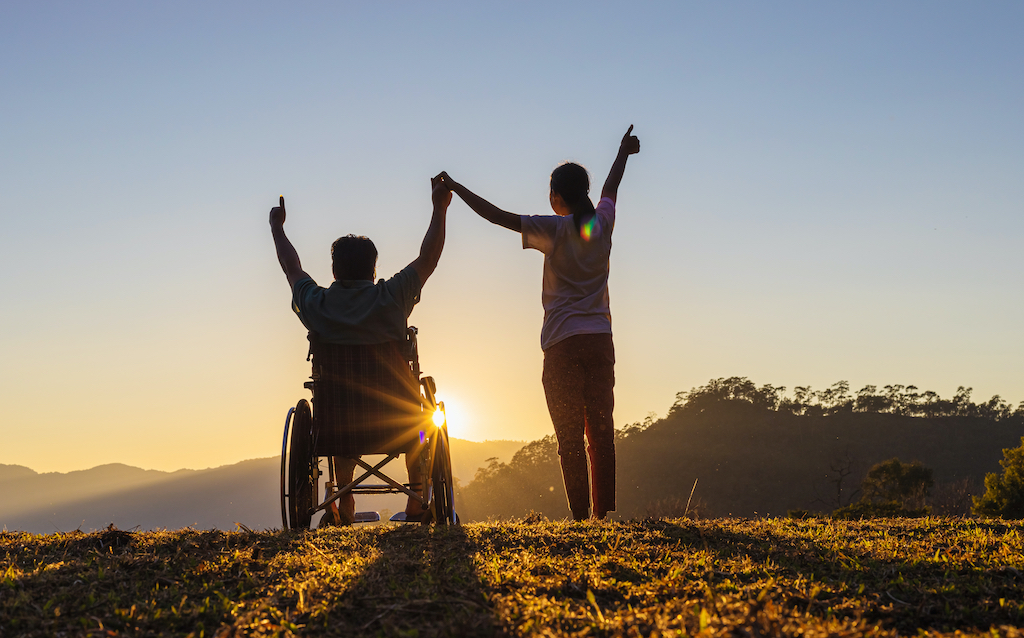Attorney Paul Samakow has a national burn injury practice and always interacts with the family members and others, the angels, the survivors rely upon for their care.

National Burn Attorney, Paul Samakow, recognizes the impact caregiving has, and has advice for them, and of course, represents those who have suffered the injuries.
The legal issues surrounding burn injuries can be many and complicated. Aside from the providing legal counsel to the survivors, Attorney Samakow works with their families and loved ones, to help, provide advice and referrals for those who care for the survivors.
A burn injury and its subsequent treatment are among the most painful experiences a person can encounter. For the burn survivors, certainly in the initial stages after the injury, the need to survive overshadows their emotional needs. For the burn victim’s caregiver however, the gamut of emotions, the concerns about the victim, and the increasing understanding of the enormity of the care that will be needed for the near future can be completely overwhelming. While patients undergo various stages of adjustment and face emotional challenges that parallel the stage of physical recovery, caregivers often have no such stages, as the concern and the care needed continues.
Many people assume that when a burn patient goes home from the hospital the worst part of the recovery is over and soon life will return to “normal.” In fact, most patients say that the hardest time and the “worst part” for them is when they first go home from the hospital because they do not have as much help and support as they did while in the hospital. Adult patients often cannot drive after returning home from the hospital. Almost all burn patients are required to make multiple visits back to the hospital or to an outpatient clinic for physical therapy and check-up visits. Moreover, it is usually a lengthy period before the patient will have the energy or the mobility to do everyday chores for themselves, and it is hard for most burn survivors to ask others for help.
For children patients, their world is markedly different, and depending upon their age, their handling of their injuries will be understood, or not, and it is thus up to the caregivers, typically the parents, to be their true guardians, their protectors, their counselors. Caring for a child is certainly rewarding in “normal” situations, but also challenging. When the child is a burn survivor, all measures of added responsibility and stress attach.
Family members or friends try to make sure their loved ones’ needs are met every day. Caregivers will drive to appointments, shop for groceries, prepare meals, pick up prescriptions, assist with bathing and grooming—they do it all. Unfortunately, often, caregivers “burn the candle” at both ends.


















